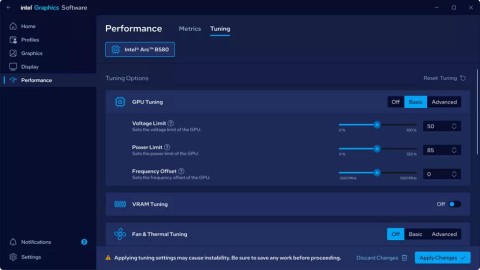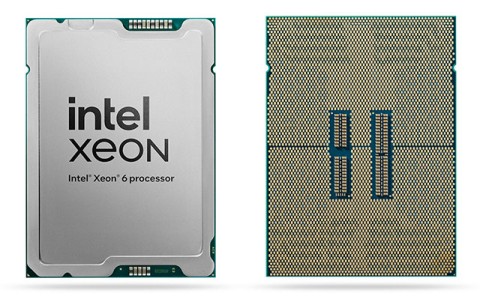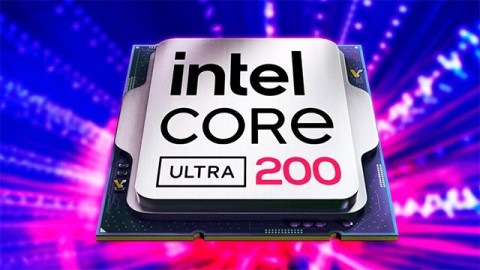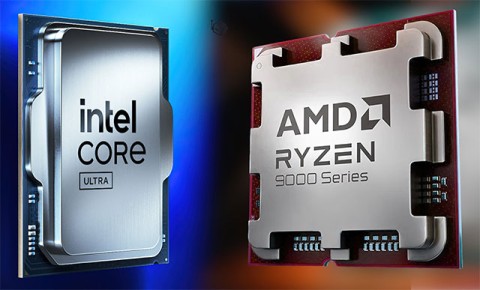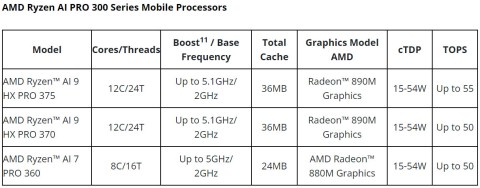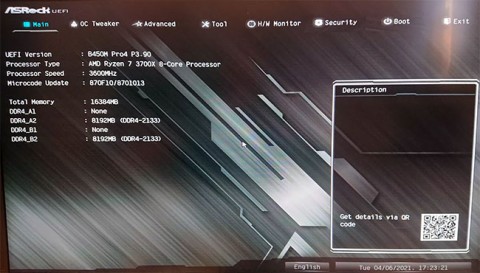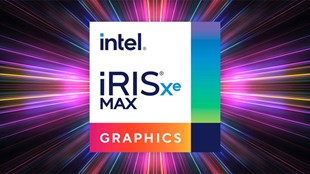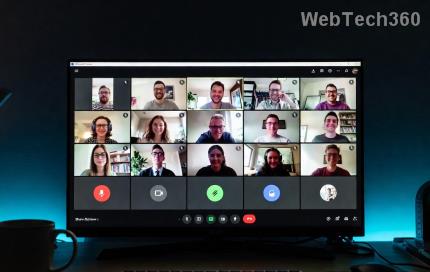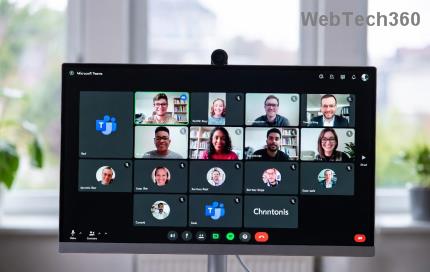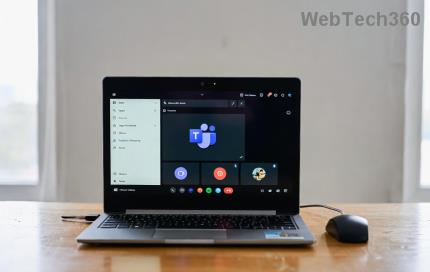Intel has reportedly lost the race to supply processors for Sony's next-generation gaming console, the PlayStation 6.
According to a new report from Reuters, citing sources familiar with the matter, Intel has been in talks with Sony for months in 2022 to become the exclusive design and manufacturing unit for the PlayStation 6. Dozens of meetings between executives, engineers and other division heads from both companies have taken place. However, disagreements over how much profit Intel would make from each chip unit sold to Sony have prevented the U.S. semiconductor maker from reaching a price with the Japanese electronics giant.
There was also the issue of backward compatibility for PlayStation games, which required Intel to invest heavily in a processor capable of meeting Sony's needs. This was also a contributing factor to the breakdown of negotiations without a final agreement.
Winning the contract to supply processors for the PlayStation 6 is hugely important for Intel, as the order will keep the company producing for at least five years, with an estimated $30 billion in revenue over the course of the contract.
The loss of the lucrative deal comes as Intel is trying to grow its contract manufacturing business, a key focus of CEO Pat Gelsinger’s turnaround plan.
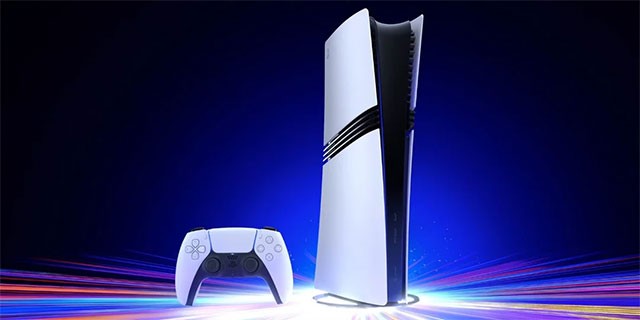
Intel and AMD were the final two contenders in the race to supply chips for the PS6, and Sony ultimately chose AMD. As such, the “Red Team”, which has been developing processors since the PlayStation 4 generation, will now continue to be the exclusive chip designer for the PlayStation 6. While AMD handles the design, TSMC will carry out the actual manufacturing according to the industry’s chip design model, which is separate from the manufacturing process.
The missed opportunity from Sony and other setbacks have compounded the challenges facing Intel’s leadership. The tech giant recently saw the abrupt departure of board member Lip-Bu Tan over disagreements over corporate strategy. Intel executives are debating the possibility of divesting and restructuring after billions of dollars in losses in its manufacturing division. The PlayStation 6 chip order could have given Intel a much-needed boost. However, talks with Sony reportedly broke down over conflicts over financial terms and technical requirements.



